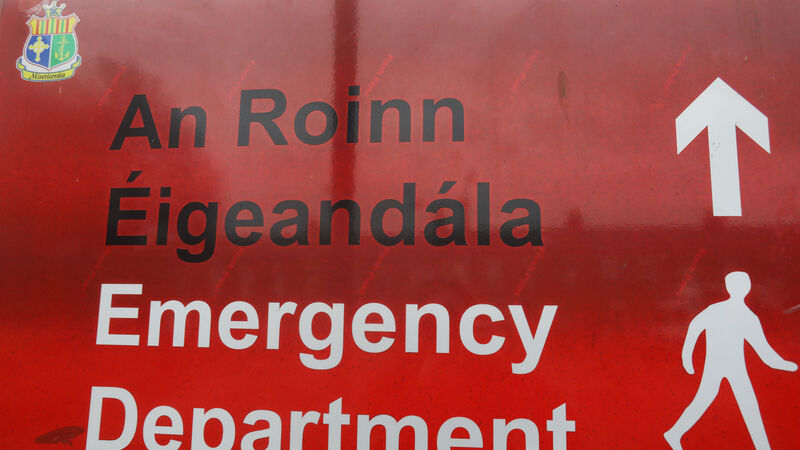lMO hits out at 'warzone-like' conditions in 'unfit for purpose' health service

'Some people who should present at our emergency departments in the coming weeks will not now do so because of fears of what they have recently seen,' said the IMO. Picture: Leah Farrell / RollingNews.ie
The Irish Medical Organisation (IMO) has labelled conditions in the healthcare system as"war zone-like", noting that the situation is dangerous for staff and patients alike.
Cases of Covid, flu, and RSV have caused a serious rise in the number of people becoming ill, particularly in the Midwest region.










